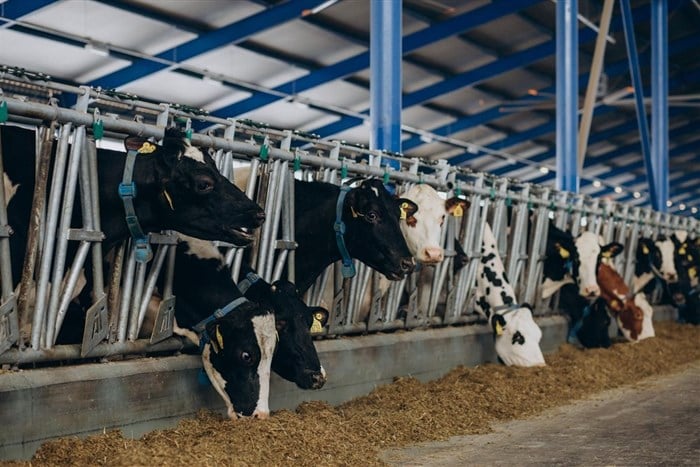South Africa has grappled with a series of animal disease outbreaks in recent months, underscoring potential weaknesses in the nation’s biosecurity measures. The implications are profound, not only for the agricultural sector but also for the broader economy. This article delves into the challenges posed by diseases such as foot-and-mouth, African swine fever, and avian influenza, examining their impact on exports, local farmers, and the urgent need for coordinated action.
Biosecurity Challenges
The recent surge in disease outbreaks, including foot-and-mouth disease in cattle, African swine fever in pigs, and avian influenza in poultry, has prompted concerns about the effectiveness of South Africa’s biosecurity system. Agribusiness stakeholders have long raised alarms, and the situation seems to be reaching a critical point. Notably, the simultaneous occurrence of these outbreaks poses a unique challenge not commonly faced by other nations.
Economic Impact
The economic repercussions of these outbreaks are substantial. South Africa’s beef exports saw a 12% decline in 2022 due to temporary market closures resulting from foot-and-mouth disease. Livestock and poultry, constituting half of agriculture’s gross value added, are at the forefront of these setbacks. The sheep industry, particularly South African wool exports to China, suffered a 21% YoY decline in 2022.
Biosecurity Capacity Concerns
The recurring outbreaks raise questions about the capacity of South Africa’s biosecurity measures and the supporting veterinary services. There are growing apprehensions that farm biosecurity and vaccine production capabilities are strained. This points to a need for collaboration among the South African government, organized agriculture, and industry bodies to address these critical shortcomings.
Ongoing Outbreaks
As of November 4, 2023, the Department of Agriculture, Land Reform, and Rural Development are investigating a suspected foot-and-mouth disease outbreak, indicating that the issue persists. The cattle industry, a significant contributor to the agricultural economy, continues to grapple with the consequences. The sheep industry, too, faces challenges with China suspending wool imports.
Policy Considerations
To mitigate the risks posed by these biosecurity challenges, the South African government must consider policy interventions. Allocating a portion of the annual budget for emergencies related to notifiable animal diseases, collaborating with the private sector on vaccine manufacturing, and increasing the number of veterinarians and animal health technicians are crucial steps.
Infrastructure and Collaboration
Addressing the broader issue requires improvements in infrastructure, including repairing and maintaining international fences. Collaboration between the public and private sectors, specifically involving Public Works and the National Treasury, is paramount to ensuring the effectiveness of these preventative measures.
In conclusion, the recurring outbreaks of animal diseases in South Africa signal a pressing need for comprehensive and immediate action. Strengthening biosecurity measures, investing in infrastructure, and fostering collaboration between the government and stakeholders are essential for safeguarding the agricultural sector’s future and mitigating economic losses. The challenges demand a unified effort to secure the health of the nation’s livestock and poultry, ensuring the prosperity of South Africa’s vital agricultural industry.














